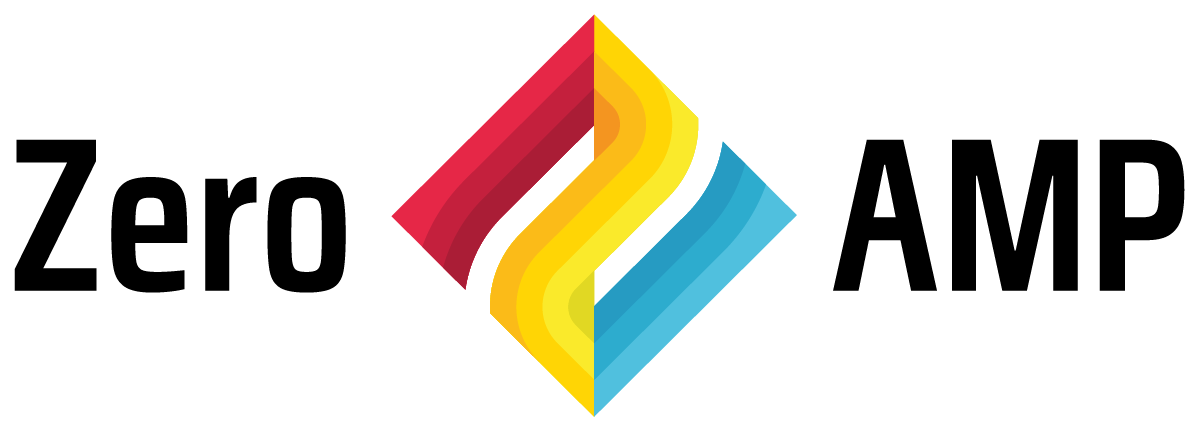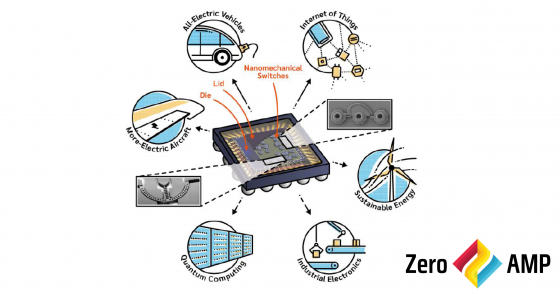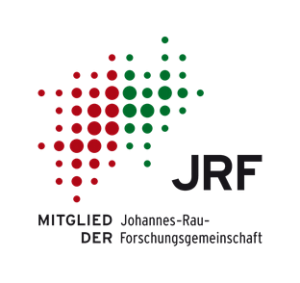ZeroAMP: Ultra-low power computing for extreme environments
 AMO is partner of ZeroAMP, a Horizon 2020 project that aims at developing ultra-low power computing elements able to survive extreme environmental conditions.
AMO is partner of ZeroAMP, a Horizon 2020 project that aims at developing ultra-low power computing elements able to survive extreme environmental conditions.
The project is an industry-driven effort that – together with AMO – involves the two major electronics companies Microchip Technology Inc. (UK) and X-FAB MEMS Foundry GmbH (DE), the University of Bristol (UK), KTH Royal Institute of Technology (SE), the Swiss Centre for Electronics and Microtechnology SA and SCIPROM Sàrl (CH).

Image courtesy of Jamie Reynolds, Simon J. Bleiker and SCIPROM.
ZeroAMP responds to the increasing number of applications that need energy-efficient processors able to operate in environmental conditions where conventional electronics cannot perform. For example, all-electric vehicles need electronic controllers able to work at very high temperatures (> 200°C) while, control circuitry for superconducting quantum circuits needs to operate close to cryogenic temperatures (< – 269°C). Furthermore, autonomous nodes in the Internet-of-Things (IoT) require extremely energy-efficient processors operating at high temperature with zero standby power.
To meet these extreme conditions, ZeroAMP will exploit and extend the groundbreaking work of the consortium partners in the area of computing based on nanoelectromechanical relays. The goal of the project is to deliver the first large-scale-integrated nanomechanical computing systems, including relay-based field-programmable gate arrays (FPGA) with integrated non-volatile memory, zero current leakage and standby power. To this end, novel materials, new switch designs and circuit techniques will be combined with advanced 3D-stacking techniques for large-scale integration of the switching elements.
The technology platform developed in ZeroAMP will open the door to electronic solutions crucial for the development of IoT and for advancing technologies such as electric vehicles, which will help reducing the dependency on fossil fuels.
For more information on ZeroAMP, please visit www.zeroamp.eu. The official press release of the project can be downloaded here.
This project has received funding from the European Union’s Horizon 2020 research and innovation programme under grant agreement No 871740 (ZeroAMP).




